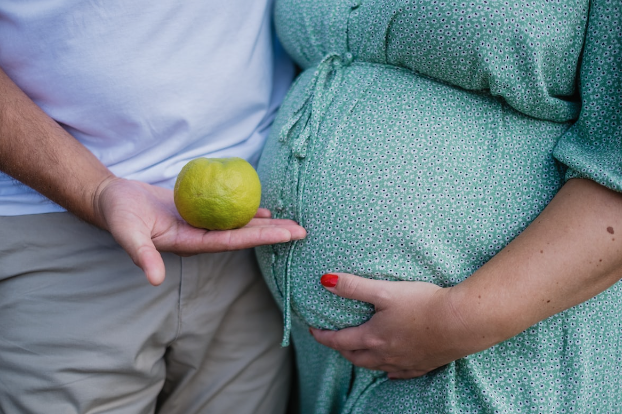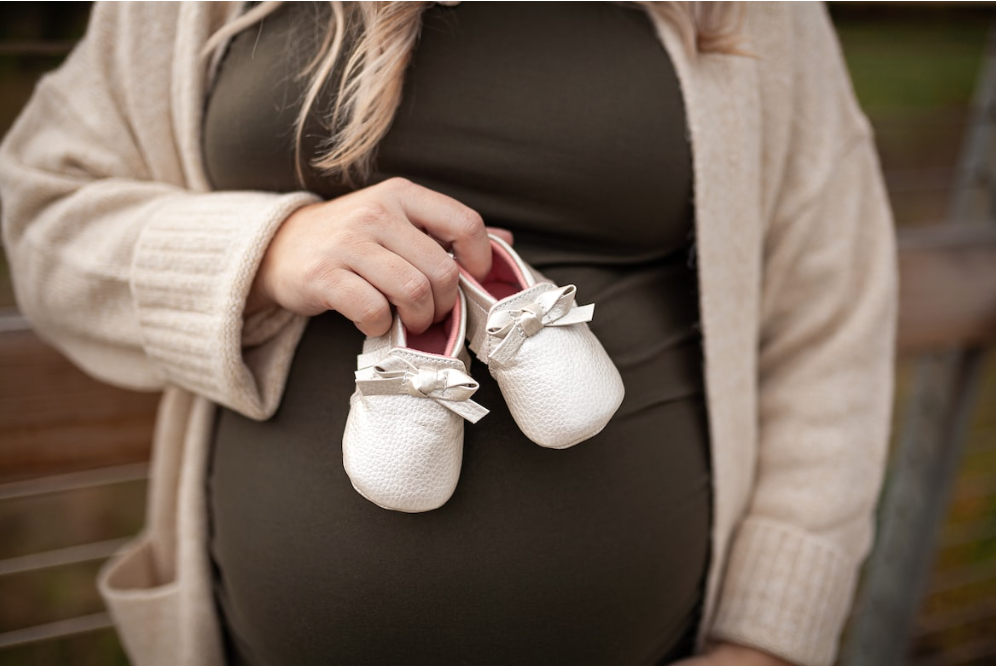Mothers, Take Note: These 6 Foodstuffs Are Beneficial For You And The Baby

As soon as you discover that you’re pregnant, your focus is likely to shift to what foods are safe and good for the baby’s health. Nutrition during pregnancy influences both you and your baby.
Consequently, mothers should take note of our following tips — they will help ensure sufficient nutrients in a mother's diet throughout her entire term. Continue reading to learn more about each of them!
Organic baby formula
Organic baby formula has been gaining popularity among new parents who are looking for a more natural and healthier option for their little ones. Unlike conventional formulas that are made with synthetic additives and preservatives, organic baby formulas are made with ingredients that come from certified organic farms. This means that they are free from pesticides, herbicides, and synthetic fertilizers. Besides that, they contain essential vitamins and minerals that are important for infant growth and development.
Omega-3 Fatty Acids
Omega-3 fatty acids are essential for the proper development of the brain and nervous system, particularly in pregnant mothers. These healthy fats cannot be produced by the body and must be obtained through diet.
Found in fatty fish, nuts, and seeds, omega-3s play a crucial role in the growth and function of brain cells, as well as regulating inflammation in the body. Studies show that a lack of omega-3s in pregnant mothers can lead to developmental delays and behavioral issues in their children.
So, add some salmon or chia seeds to your diet to give your growing baby the best possible start.
Iron-Rich Foods
During pregnancy, it is important to make sure that you are getting enough iron to prevent anemia. Anemia occurs when there is a lack of iron in the body, which can lead to tiredness, weakness, and other health complications.
Fortunately, there are plenty of iron-rich foods that you can incorporate into your diet. Some excellent sources of iron include lean meats, poultry, fish, and leafy green vegetables. You can also boost your iron intake by incorporating nuts, seeds, and legumes into your diet.
Folate-Rich Foods
Folate-rich foods have been linked to healthy fetal development, making them a crucial component of any pregnancy diet. This essential nutrient, also known as vitamin B9, plays a critical role in the growth and development of a baby's neural tube, which ultimately becomes the brain and spinal cord. Pregnant women are often advised to consume leafy green vegetables, beans, and fortified cereals, as they can significantly reduce the risk of birth defects.
However, note that folate supplements should not replace dietary sources, as they may actually increase the risk of certain cancers and other health problems.
Calcium-Rich Foods and Vitamin D
As an expecting mother, ensuring that you get sufficient levels of calcium and vitamin D is essential for the optimal development of your baby's bones and teeth. Adding calcium-rich foods like milk, cheese, and yogurt to your diet is an easy and delicious way to meet your daily calcium needs. Additionally, incorporating vitamin D-rich foods like fatty fish, egg yolks, and fortified cereals can help your body absorb and utilize the calcium you consume. Remember, a balanced and nutrient-rich diet is vital for the health and vitality of both you and your growing baby, so be sure to speak with your healthcare provider about your specific nutritional needs during pregnancy.
Protein-Rich Foods
Protein is a macro-nutrient that every pregnant woman needs for the proper growth and development of her baby. It helps build cells, tissues, and muscles, as well as aiding in the production of hormones and enzymes.
You can get a good dose of protein from lean meats, fish, eggs, legumes, nuts, and seeds. Eating these foods regularly build the baby's immune system, making them more resistant to disease and illness.
So, don't forget to add protein-rich foods such as chicken breast, salmon, and tofu to your diet to give your growing child the best start possible!

Thoughtful and intentional nutrition during pregnancy is a key factor in ensuring healthy fetal development. From organic baby formula to protein-rich foods, increasing your intake of these nutrients can be beneficial for you and your baby.
If you think you may have a deficiency in any of these vitamins or minerals, it is best to contact your healthcare provider for advice before taking any supplements.
With the right nutrition, you can ensure that your little one has the best possible start in life. Remember that you are not alone on this journey — support from family and friends can help make the process easier. So, don't forget to make healthy choices for you and your baby!






